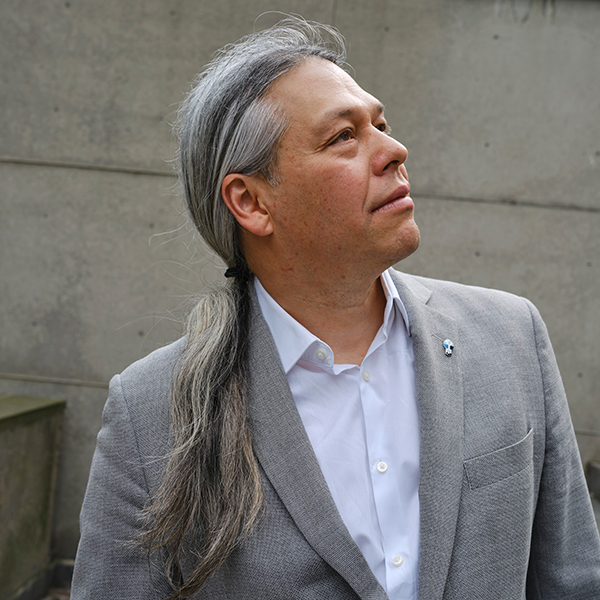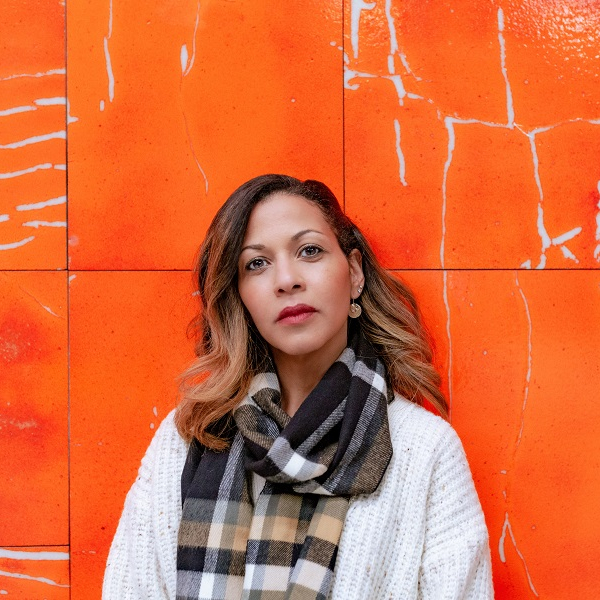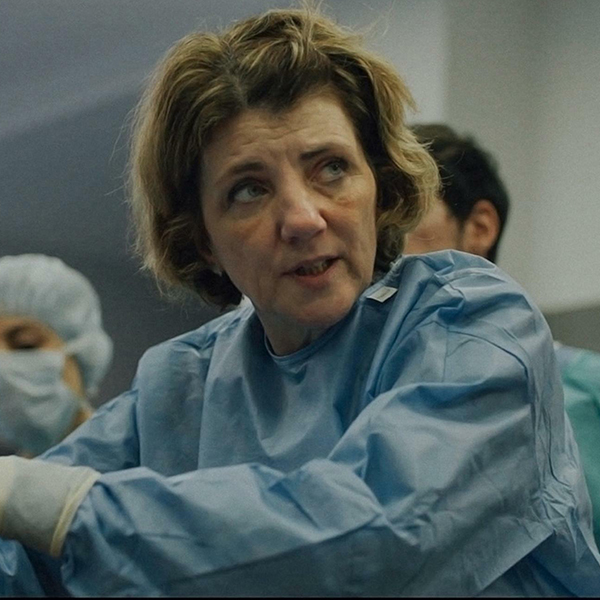As Canada’s new minister of democratic institutions, Karina Gould, BA’10, is going to have a lot of input into how the Canadian electoral process unfolds in the years to come. It’s a process that she almost didn’t take part in – at least, not as a candidate.
After completing a master’s degree in international relations at the University of Oxford, Gould decided to return home to Burlington, Ontario, and get involved in local politics. She joined the Liberal riding association and the plan was to find a candidate to support in the next federal election. Little did she suspect, that candidate would end up being her.
“I was 26 at the time,” says Gould.“I didn’t really see myself as a candidate or as a Member of Parliament because I thought I was too young.” Now that she is a 29-year-old MP and the youngest female cabinet minister in Canadian history, Gould hopes to play a role in convincing future generations of bright twentysomething women that they shouldn’t dismiss careers on Parliament Hill quite as quickly as she almost did.
Gould says the turning point for her came when she attended a Liberal Party convention in Montreal in 2014, and heard a speech by party leader Justin Trudeau, BA’94. “I heard his passion for the inclusion of youth and women in politics, and I thought to myself, ‘Maybe I could do this.’”
So, after spending months of knocking on thousands of Burlington-area doors, Gould achieved the improbable – winning a razor-thin election-night victory over Conservative incumbent Mike Wallace, who had triumphed in the three previous elections.
“One of the things that surprised me the most was that I came out of the campaign less hardened than when I went into it. I had such a great experience getting to know my community in a way that not everybody has the chance to do. I was always amazed by how open people were when they were with me at the door. I met so many people who had to go through really difficult things in their lives. I had the chance to hear first-hand from people about what government could do to help them.”
During her time at McGill, Gould was the president of the Arts Undergraduate Society and organized a $20,000 fundraising campaign for victims of the 2010 earthquake in Haiti. “It gave me a taste of the challenges and opportunities that come with public office,” she says. She is quick to praise many of her former McGill professors, but one in particular stands out.
“Antonia Maioni, who was my professor of provincial politics and healthcare policy in Canada, was always an inspiration to me. I admired her command of the subject matter, the interest she took in her students, and her encouragement to ask tough questions of those in positions of power and authority. My classmates and I still talk about how she inspired us.”
Before her election, Gould worked as a consultant in the Migration and Development Program at the Organization of American States in Washington, and then as a trade and investment specialist for the Mexican Trade Commission. Before joining the cabinet, she served as the parliamentary secretary to the minister for international development and La Francophonie.
And now, she finds herself as a political role model.
“I always find it surprising to think of myself as someone who has that responsibility, but I definitely feel that I do,” she says. “One of the reasons I thought I was too young [to run for office] was because I didn’t really have any [example] of someone who was doing what I’m now doing. I do feel responsibility to do well in this position, because I think it’s really important as the youngest woman cabinet minister in Canadian history that, not only has that door been opened for me, but that I leave that door wide open for whoever is coming up behind me.
“I think it’s incredibly important that we do reach out to young people and show them that they can make a meaningful contribution to political life,” says Gould. “It’s important to have that diversity in age, to have that diversity in background, to have that diversity in race and religion and gender [in elected officials].”
Ontario tourism minister Eleanor McMahon, who is also based in Burlington, told the Globe and Mail that Gould “is someone who, as a cabinet minister, will reach across the aisle, and will have a unique ability to work closely with her colleagues on all sides of the House.”
That ability will be put to the test in the days to come. Shortly after Gould was appointed to cabinet, Prime Minister Trudeau announced that his government was abandoning its pledge to overhaul the election system before the next national vote. Opposition members, not surprisingly, have been sharply critical.
Some major changes are still in the offing, however. In the mandate letter she received as a new minister, Gould was instructed to make substantial changes in some key areas – to make political fundraising more transparent and to revamp the process for party leaders’ debates during future federal election campaigns. She’ll need to consult with other parties as she proceeds.
“I think, particularly in this portfolio, it’s important that I not be overly partisan,” says Gould. “When we’re talking about elections, when we’re talking about how we govern ourselves, we have to try to have as broad a consensus as possible. We won’t always see eye-to-eye, but I do think it’s important that we have a respectful conversation. That’s very much my approach to anything. Let’s make sure that we’re having that open conversation and try to get the best solutions for Canadians.”
Her mandate letter also counsels her to collaborate with the minister of national defence and the minister of public safety and emergency preparedness to “lead the Government of Canada’s efforts to defend the Canadian electoral process from cyber threats.” Gould finds herself thinking a lot about how democracy can operate in a digital age. She addressed the topic in a speech at a recent conference on governance in Ottawa.
“I think this is actually the question of our times right now,” says Gould. “We’re in a totally new landscape in terms of how we as citizens consume information. What responsibility does the government have to equip citizens with the tools to be able to consume information in this new era? What are the responsibilities of citizens in navigating this new information era? What are the responsibilities of the media?
“It’s a really exciting time because we have access to information like never before, but we also have to be able to decipher [that information] and make decisions based on it. How will citizens have the capability or the tools to be able to say, ‘This information is legitimate and true.’ These are all big questions and I don’t have all the answers, but I do think we need to have that conversation.”


